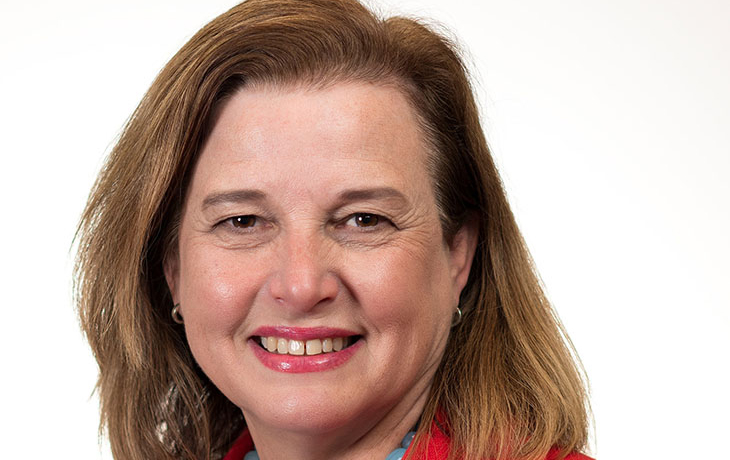In the coming weeks, more than 650,000 public school students will fill the classrooms and hallways of Kentucky’s schools. It’s an exciting time of year for students, parents and educators.
As has been our focus since the passage of Senate Bill 1 (2009), the 2015-16 school year will build on our efforts to move the Commonwealth forward by ensuring all students gain the skills and knowledge necessary to be successful in college, career and life.
For the past few years, Kentucky has used the Unbridled Learning assessment and accountability model. One of the concerns we have heard from education groups, civil rights groups and conservative groups is that the accountability model was not pushing hard enough on closing achievement gaps between different groups of students, such as those with disabilities, limited English proficiency or who receive free- and reduced-price lunch. While the accountability model did have a measure designed to close the achievement gap, many groups felt that the performance of individual groups of students was not as evident as it had been under No Child Left Behind. As I looked at the results from 2014 assessments, I became convinced that we needed more focus on the performance of individual groups of students.
As part of that work, the Kentucky Department of Education (KDE) and schools around the state will redouble their efforts to reduce the number of students scoring novice, the lowest performance level on state assessments.
With our state assessments, students receive ratings of distinguished, proficient, apprentice, or novice. The novice level is very low and represents student performance that is several levels below college- and career-ready work. We have more than 80,000 students performing at the novice level in reading and more than 60,000 students performing at the novice level in math.
Unless there is a change, these students are not likely to reach college- and career-readiness and will be hard pressed to complete high school. These students may depend on social services and have a high likelihood of incarceration. These are the students that Kentucky must care more about and provide intervention for, before it is too late.
KDE is making novice reduction and achievement gap closure a primary focus this school year. We have devised a plan to help schools and districts implement specific strategies to address the high percentage of novice students. We will provide specific support around reading and numeracy programs; positive behavior interventions to address student behavior that interferes with learning; and culturally responsive instruction. We also will provide incentives through our accountability model for schools, districts and educators to move novice students up to the apprenticeship level or above.
This issue is moral imperative for our Commonwealth and a major civil rights issue for our communities, and I hope you will join us in their efforts to close achievement gaps for these students.
Additionally, in 2015-16, our efforts to keep students from dropping out will come to fruition, with most school districts implementing policies that raise their compulsory school attendance age from 16 to 18; remaining districts will do so by 2017-18. Gov. Steve Beshear and First Lady Jane Beshear championed this change in Senate Bill 97 (2013). We do a disservice to our students when we allow them to drop out into a life of poverty. Research shows that high school graduates live longer, are less likely to be teen parents, and are more likely to raise healthier, better-educated children. High school graduates are also less likely to commit crimes, rely on government healthcare or use other public services.
But our work is not done in this area. We must now work collaboratively – school boards and districts, communities, KDE and the General Assembly – to support and ensure meaningful implementation of these policies so that all of our students will reach the goal of becoming college/career-ready by the time they graduate high school. It is up to us to find innovative and creative ways to keep all of our students engaged, in school and on the right path to a bright future.
Lastly, I ask that you – students, teachers, educators and parents – hold some of this school energy and optimism in reserve. You will need it to fuel your educational endeavors in the coming school year and the years ahead.
In April, I announced I would be retiring as commissioner at the end of this month. I have enjoyed my time in Kentucky, and working with all of you to improve public education. As I traveled around the state the past six years, visiting every school district and engaging in conversations with educators, parents, students, and business and community members, I have continually been impressed by the passion and support for Kentucky’s public schools. Together we have raised graduation and college- and career-readiness rates, made gains in student achievement and become a national leader in requiring students meet rigorous, internationally competitive standards. It gives me comfort knowing that so many in Kentucky are committed to doing what is right for kids.
I call on each of you to keep up the fight. Do your part to ensure and demand that Kentucky’s public school children get the support and resources they deserve, need to succeed and help this state prosper. Rest assured, I will watching and cheering your efforts as you continue the work we began together.



Leave A Comment